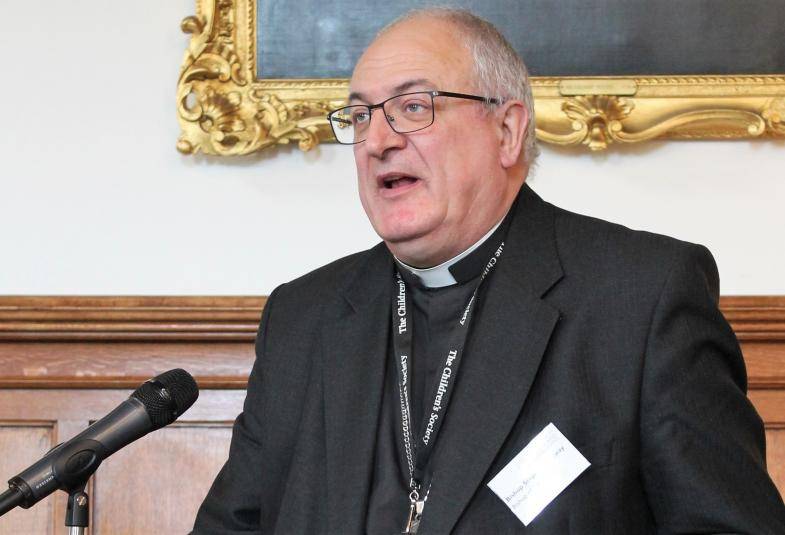
The Church of England’s lead Bishop for Education, Stephen Conway, has welcomed new guidance on Relationship and Sex Education, which this week comes before the House of Lords for approval.
Writing in the Tes, Bishop Stephen, who is the Bishop of Ely, said: “Relationships are at the core of what it means to be human. How we frame those relationships needs careful thought.
“For Christians, as for other people of faith, our identity as humans exists in relationship with God. We seek to live in loving human relationships which reflect something of God’s love for the world. The challenge is to live in ways which are rooted deep in Scripture and the tradition of the Christian faith, and which contribute to the common good of the plural society of which we are part today.
“The new RSE guidance updates existing legislation which is nearly twenty years old. When that guidance was written, fewer than ten per cent of households were connected to the internet, and there were no smart phones and no social media.
“Now, despite positive steps in regulating the internet, even primary school aged children live in a world of rapid online interactions that those with a duty of care will never be able fully to moderate or even to understand.
“More and more young people are exposed to pornography, to practices such sexting and shaming, and inhabit an online world which has real-life consequences for mental health and the development of positive relationships.
"Most parents agree we cannot let this be the quantum of their role modelling, but do not themselves feel fully equipped to offer alternatives, and this is where the RSE guidance comes in.
“The new guidance is about promoting healthy resilient relationships set in the context of character and virtue development, with a focus on respecting others, including the beliefs and practices of people with a specific faith commitment, as well as those from the many different types of families that make up our cultural context.
“It makes explicit a shared duty of care between parents and schools, and that what takes place in the classroom builds on what has been taught in the home.
“It maintains the need for schools to consult their parental community in developing the curriculum, with parents ultimately having the right to excuse their children from sex education if they wish. Our hope is that they will not do so, but this must nonetheless remain an option in order to honour legitimately-held positions of concern.
“I hope and pray that schools, families and carers will work together to recognise the complementary contributions of each in enabling children to navigate safely growing up in the digital age, and ensuring they develop the skills they need to flourish in healthy relationships throughout their lives."